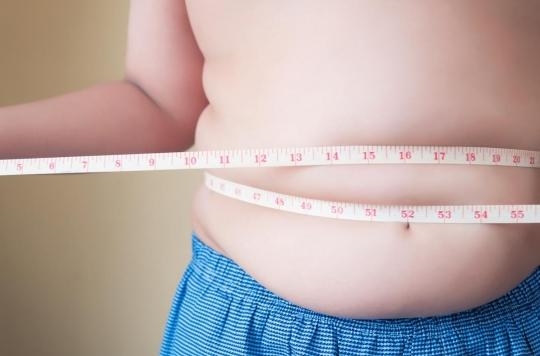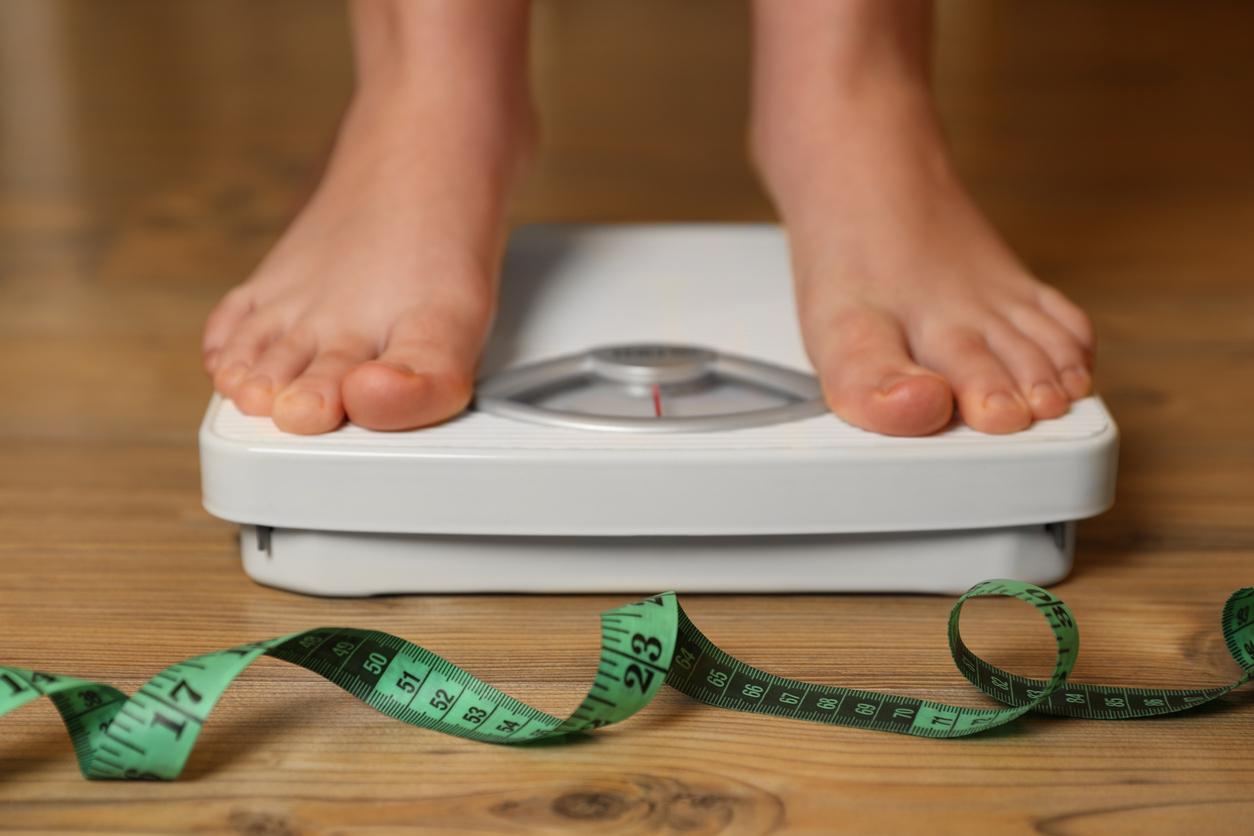The Public Health Agency France has just published a study in which it recommends tightening the rules on advertisements for products that are too fatty, sweet and salty to avoid exposing children to them.

- Time spent by children and teens in front of advertising increased by 9 minutes per day between 2012 and 2018
- Public Health France proposes to remove these advertisements at certain times and to prohibit brands from being able to distribute online content for children promoting junk food
- The agency proposes to introduce a tax to finance new messages
More than half of the food commercials on television concern fatty, sweet or salty products. The only regulation there is is to keep these ads away from children’s programs. The study published on Wednesday June 24 by Public Health France shows that only 0.5% of the time spent in front of television by those under 18 is devoted to these programs. Children who watch television are therefore massively inundated with junk food advertising programs.
Remove these ads at certain times
The Public Health France study shows that the time spent by children and adolescents in front of advertising increased by 9 minutes per day between 2012 and 2018. Across all media, products displaying a Nutriscore D or E weigh 48 % of food investments in 2018, compared to 36% for more virtuous products A, B, C and 16% for unclassified products. “Being exposed to advertising for fatty, sweet, salty products creates preferences and increases the consumption of this type of product, explains Anne-Juliette Serry, head of the nutrition and physical activity unit at Public Health France. It also increases the pressure of exposed children on their parents to buy it..”
In its study, the French public health agency proposes to tighten the rules governing food advertising aimed at children. She believes that advertising for food classified D or E should be banned between 7 p.m. and 10 p.m., that is to say when more than 20% of minors watch television. She even went so far as to submit the idea of removing these advertisements at times when at least 10% of minors risk being exposed to them. This concerns the slots between 7 a.m. and 11 a.m., between 12 p.m. and 2 p.m. and between 4 p.m. and 11 p.m.
A new tax to finance these new messages
The agency’s recommendations also concern the Internet. She advocates prohibiting brands from being able to distribute children’s content online “directly or indirectly promoting products with a Nutri-Score D and E or the associated brand”. This concerns both their website and Facebook. Games or activities offered in the name of one of these brands would be prohibited, even if the manufacturer promotes a product “healthy” of its range. This ban would also concern influencers who could no longer promote these products.
To finance these recommendations, Public Health France proposes the creation of a new tax. “In order to allow the financing of this new form of health messages, the advertising agencies will have to apply a differentiated financial contribution according to the Nutri-Score of the products advertised or the associated brands.”, she submits. A tax that would represent 0.02% of the purchase amounts of gross space promoting products classified D or E, 0.01% for C products and 0.005% for A and B products.
These recommendations are part of the government’s desire to reduce childhood obesity by 20% by 2023. The agency was seized on the issue in 2018 by the Directorate General of Health. In this sense, Édouard Philippe and Olivier Véran, then a deputy, declared last year that they wanted to change the European rules in order to be able to make Nutriscore display mandatory in advertisements. According to the Esteban study, conducted in 2015, 17% of children aged between 6 and 17 are overweight and 4% are obese.

.
















